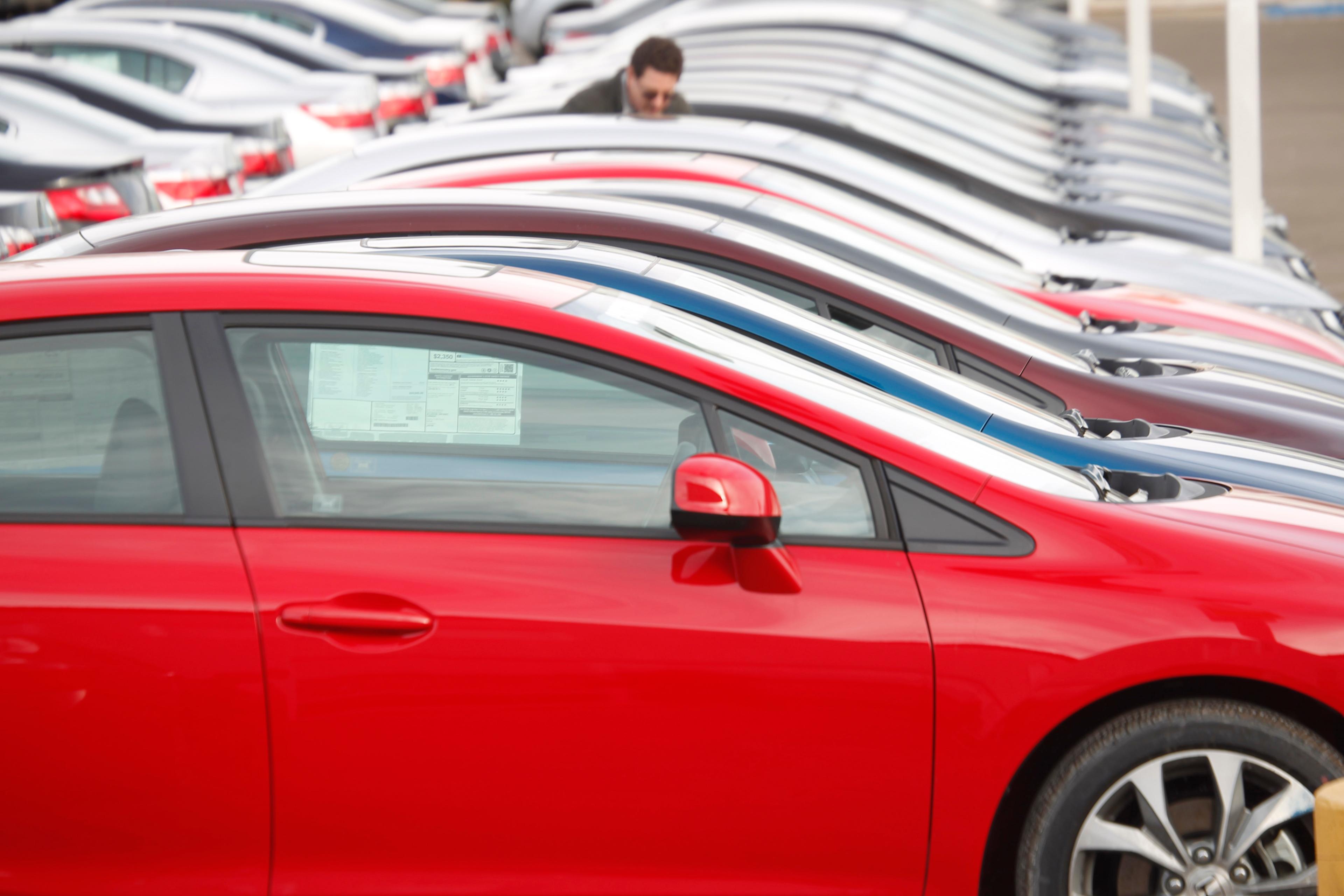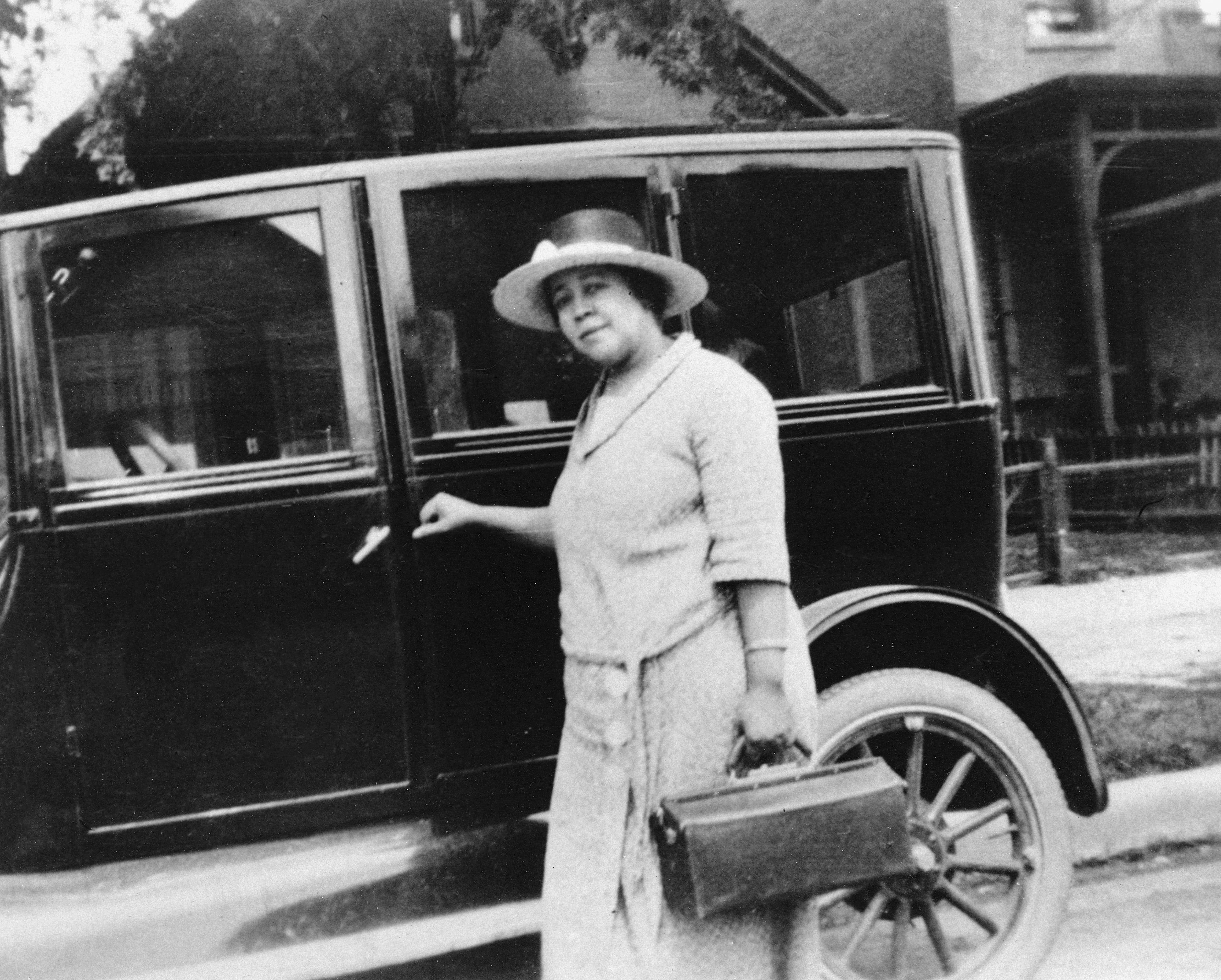
New car sales are up 5.5 percent this year, and some dealers are feeling optimistic, as union deals are ratified and supply shortages ease.
The Colorado Automobile Dealers Association reported that new vehicle registrations were up through the first nine months of this year compared to the same period last year, despite headwinds of rising car prices and interest rates and worker strikes at car plants across the country.
“Up is always good news,” said Robert McMann, general manager of Phil Long Ford of Denver. He said customer demand is high, as new cars and trucks are as well built and full of features as ever.
Even better: supply is up compared to two years ago.
Before the pandemic, McMann had almost 1,000 new vehicles in stock. At the height of the COVID-19 pandemic, which contributed to microchip shortages that delayed new car assemblies, he had only 38 new vehicles.
That required some creative placement of cars on the lot.
“We had cars parked sideways, long ways. You want to make sure the lot looks full,” said McMann. “The front line was full, so if you drove down Wadsworth, you saw, ‘hey, they're front line’s full, they must have cars and then there was nothing in the second row.”
McMann said the dealership currently has about 700 new cars in stock at Phil Long Ford. He is optimistic about the car market, because inventory is better, and the Denver area economy is doing well.
Many others are more cautious.
Competition is intense — there are car companies that didn’t exist 10 or 20 years ago, specializing in electric vehicles in particular, which legacy companies like Ford and Toyota have been slow to roll out. In Colorado, the battery electric vehicle market share is rising, making up 11.2 percent of all automobile sales in 2023, up from 7.8 percent a year ago.
Tesla has roughly a quarter of the electric vehicle market in Colorado, led by the Model Y, which makes up 18 percent of the electric and hybrid vehicle sales in the state. The next closest electric or hybrid automobile has a 6.6 percent market share.
Rivian, an electric truck maker, saw market share in Colorado increase more than 140 percent, compared to 2022. Rivian is still very small, and its economics are different from the large manufacturers.
Ford and others have had to scale back electric vehicle production as sales plateau in the U.S. Ford delayed several battery assembly facilities in recent months. It’s not clear why sales are declining, but some believe it’s due to changing federal incentives and high car loan interest rates.
“It's been a challenging situation for sure,” Jim Farley, president and CEO of Ford, said on an investor conference call last month. “Matter of fact, our business is never short of challenges, especially right now with the evolution of the EV market and new global competitors from China, as well as the technology disruptions.”
Farley though was happy to have reached a deal with the United Auto Workers, who had been on strike as they sought a new labor deal. Farley said that the company would restart three assembly plants, and call back more than 20,000 Ford employees.
Before the strike and the new labor deal, the cost of new cars was already very high, averaging $48,000, said Matthew Groves, president and CEO of the Colorado Automobile Dealers Association.
“There is some turbulence in the car market,” said Groves. “Cars are selling very well, but they're getting increasingly expensive as a result of interest rates.”
Interest rates can range from 9 percent to 15 percent, adding hundreds of dollars per month to a new car purchase.
And then Ford reported that the new labor deals could add up to $900 to the cost of a new car. The company said it would try to find efficiencies to reduce costs where they can, but much of that will trickle down to consumers.
But McMann, at Phil Long Ford, remains optimistic.
He sees cars filling his lot finally. He said the new Mustang electric car is so cool he leases one himself. Trade-in values are high, and some of that estimated $900 in new labor costs will be offset by rebates, incentives and dealer discounts, including thousands of dollars in state and federal tax credits for electric car purchases.
“So on some products you might feel it more than others,” said McMann. “But products that are high volume, like the F-150, the number one selling truck in the world, we're going to make sure we're selling those trucks. A dealer's not going to miss a deal over $900.”








